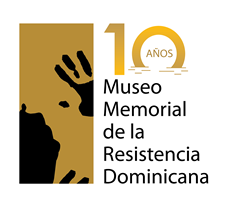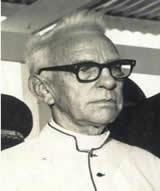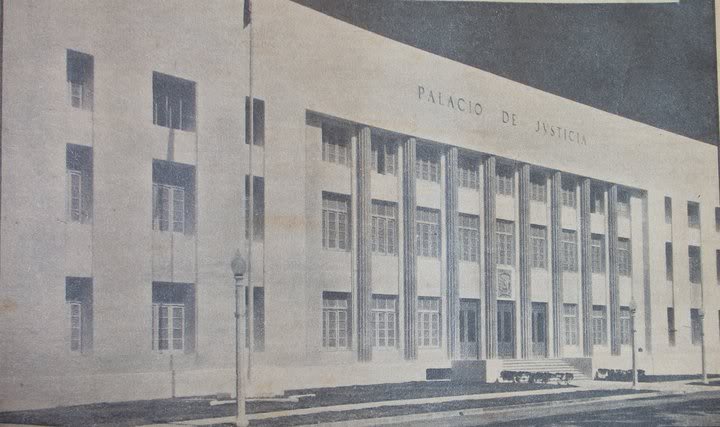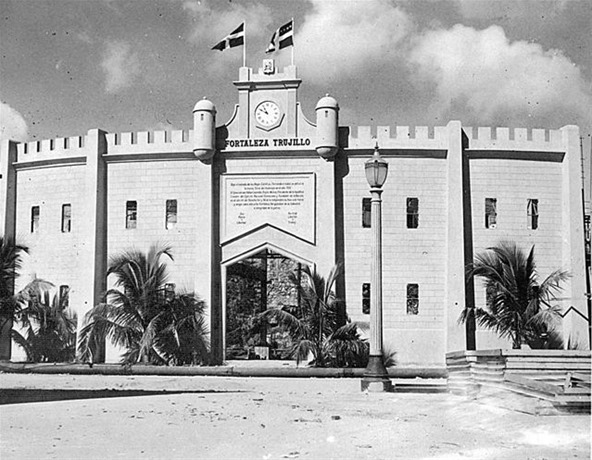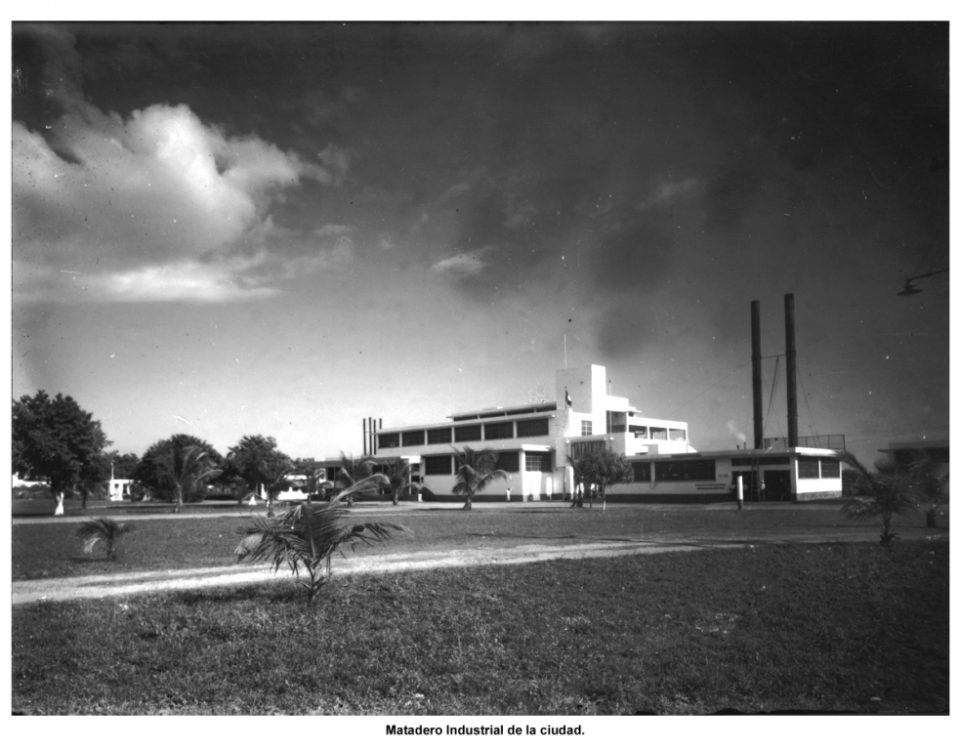Pastoral Care of the Catholic Church

The rebellion of the sergeants. 1959.
February 22, 2017Religious youth against Trujillo
February 22, 2017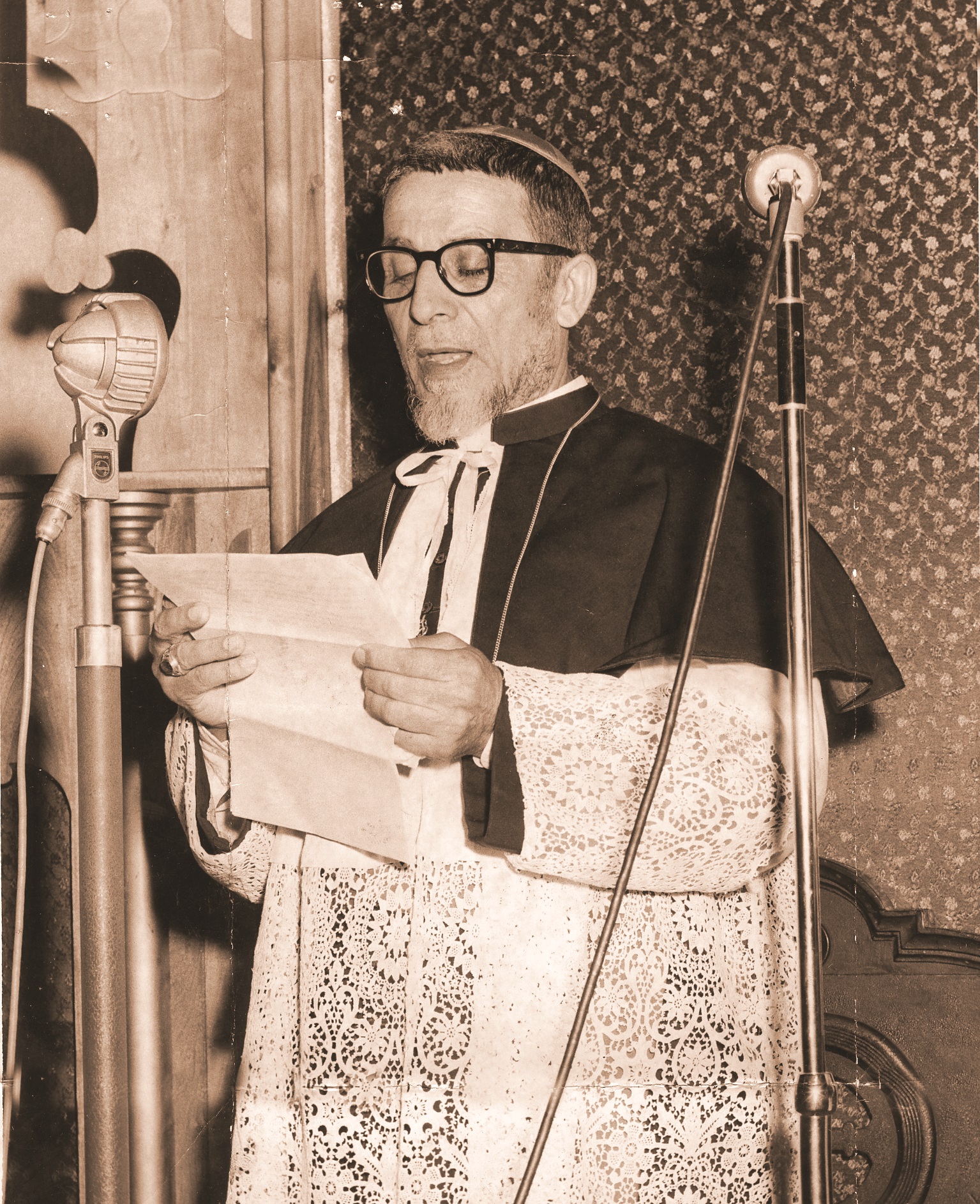
The Pastoral Letter against Trujillo, read in all our churches a few days after the mass arrests of the members of the June 14, in mid-January 1960, greatly strengthened the clandestine opposition. Never before had the Catholic Church criticized Trujillo, who lashed out against the bishops who signed it, attacking them on the radio and in the press and above all, provoking scandals and violence against the bishops of San Juan de la Maguana and La Vega.
Until the day of his death, the dictator's hostility against the bishops was fierce. We have highlighted the most critical aspects of the letter.
To the venerable Clergy and all the Faithful. Venerable Brethren and beloved Sons in Christ:
Together we congratulate ourselves with you and rejoice for having been able, for another year, to celebrate the beautiful feast of Our Lady of Altagracia, Queen, Mother and Protector of the Dominican Republic.
Authorities and people united by the filial bond of devotion to the holy Mother of God, who wanted to place her throne in the historic village of Salvaleón de Higuey, have once again paid their homage of faith, piety and love to the one who prophetically said of herself: "All generations will call me blessed" (Lk.1:48).
From one end of our beloved nation to the other, we have observed the enthusiastic fervor, the spontaneous religiosity of your hearts for the Virgin of Altagracia, delicate circumstances, however, came to put a shadow of sadness in such a beautiful festivity.
Assuming the pastoral obligation of caring for the spiritual flock, entrusted by the Divine Goodness to our solicitude, we cannot remain insensitive to the deep sorrow that afflicts a good number of Dominican homes. For this reason, we express our paternal sympathy, our deep sorrow and our common feeling of pain since it is a work of mercy "To console the sad", making our own the phrase of St. Paul the Apostle: "To weep with those who weep" (Rom. VII, 15). (Rom. VII, 15).
In the midst of this sorrow, we hope with the most lively confidence in the powerful intercession of Our Lady of Altagracia that, above human passions, she will make charity and clemency shine forth. Charity must be the inseparable companion and sister of our life, being the fundamental law of Christianity, the "personal identity card" of the followers of the Gospel, of the disciples of Christ, of those redeemed in his blood and in his grace.
He who gave us this precept, knew how to sacrifice His own life, to shed every drop of His blood, to die a horrible and dreadful death on the wood of a Cross after having offered as food His own flesh to those He loved, that is to say to all the children of sin and guilt, to proud and rebellious slaves, to dishonored and lost creatures forever. And he was God like the Father, Lord, like the Father, of heaven and earth, "a figure of his person and the splendor of his glory" (Hebr.1.3).
Who could refuse to accept this great lesson, which is valued by the magnificent example of "Love one another, as I have loved you" (Jn. 15:12). We beg you, therefore, to always remember and never forget that to be true disciples of the Master, our charity must be "greater than that of the scribes and Pharisees" (Mt. V, 20).
For He who told us that "whoever has not fed the hungry, given drink to the thirsty, clothed the naked; whoever has not pitied the sick, comforted the afflicted, instructed the ignorant, visited the prisoner, cannot share in the Kingdom of Heaven" (Mt. XXV.35), is the same One who gave us as a heritage of perpetual charity the apostolic prayer of the Our Father, divinely commented with the torture of the cross and the shedding of His innocent blood.
In the light of these consoling truths, you can understand even better, beloved Brothers, that the root and foundation of all rights is in the inviolable dignity of the human person.
Every human being, even before his birth, has an accumulation of rights prior to and superior to those of any State. They are intangible rights that, not even the sum of all human powers can demand their free exercise, diminish or restrict the field of their action.
But no human commentary could ever capture with so clear a vision and so rigorous an accuracy the very wise words with which His Holiness Pius XII (of happy memory) once declared freedom to be a propitious climate for the realization of man's natural rights: "There has also been much talk," says the Pope, "of the regulation of freedom, which would be another exquisite fruit of victory, freedom triumphant over arbitrariness and violence. But this freedom can flourish only where law and justice prevail and effectively ensure respect for the dignity of individuals and peoples alike. In the meantime, the world is still waiting and asking for law and law to establish stable conditions for men and for societies. Meanwhile, millions of human beings continue to live under oppression and tyranny. There is nothing secure for them: neither home, nor property, nor freedom, nor honor; and so the last ray of serenity, the last spark of enthusiasm, is paid in their hearts.'¨
In our 1944 birthday message," the Pope continues, "we, addressing the world full of fervor for democracy and anxious to be its champion and propagator, sought to set forth the main moral postulates of a right and healthy democratic order. Not a few fear that the hope of such an ordering suffers from the hurtful contrast between the democracy of the word and the concrete reality. If we raise our voice at this time it is not to discourage the many people of good will who have already set to work or to belittle what has been achieved so far, but only out of a desire to contribute, as far as we can, to an improvement of the present state of affairs. It is not yet too late for the peoples of the earth to bring into reality, by a common and loyal effort, the indispensable conditions both for true security, general prosperity, or at least the establishment of a tolerable regime of life, and for a beneficial ordering of liberty" (Address of the Sacred College of Cardinals, June 2, 1947).
That is why the Catholic Church, Universal Mother of all the faithful, has been at all times the most ardent and most long-suffering defender of these sacred individual rights. For their sake she has been at all times the most ardent and long-suffering defender of these sacred individual rights. For their sake she has written the wisest Encyclicals; for their sake her children have shed blood; for their sake she is always ready to give, like her Divine Founder, eloquent ''testimony to the truth'' (Jn. XII, 37).
Indeed, to whom does the right to life, the radical good of every being that appears on the face of the earth, belong, if not to God alone, the Author of life?
.From this primordial right flow all the other rights inherent in human nature, since every man is ordered to procreation and social life, since this is how he achieves his perfection and his ultimate end, which is God.
Hence, the right to form a family, each one following, in the choice of the respective spouse, the dictates of a healthy, upright and free conscience.
Hence, the right to form a family, each one following, in the choice of the respective spouse, the dictates of a healthy, upright and free conscience.
Hence, the right to trade, to exchange natural or artificial products, which must be protected by the State with just measures and laws.
Hence, the right to emigrate, according to which each person or family may leave, for just cause, their own nation to seek better work in another nation with more abundant resources or to enjoy a peace of mind denied them in their own country.
Hence, the right to a good reputation, so strict and severe that one cannot publicly or privately, not only slander, but also diminish the good credit that individuals enjoy in society under futile pretexts or anonymous denunciations, which God knows on what low and base motives they may be inspired.
We do not wish, dearest Brothers, to take the time to point out and comment briefly on the other natural rights that accompany those mentioned above, for it is well known how every man has the right to freedom of conscience, of the press, of free association, etc., etc.
To recognize these natural rights, to protect them and to lead them to full material and spiritual perfection is the sublime mission of the civil and ecclesiastical authorities, each working in its own sphere and with its own means.
To do otherwise would be a grave offense to God, to the very dignity of man-made in the image and likeness of the Creator-and would bring numerous and irreparable evils to society.
In order to avoid and remove from our beloved country the evils that we deplore, and to obtain all kinds of spiritual and material goods, to which every man has a perfect right, we raise our most fervent prayers to the Most Holy Virgin of Altagracia, so that she may continue to be the hope and the bond of union among Dominicans, especially in these times of distress and uncertainty.
To avoid and keep away from our beloved homeland the evils that we deplore, and to obtain all kinds of spiritual and material goods, to which every man has a perfect right, we raise our most fervent prayers to the Blessed Virgin of Altagracia, so that she may continue to be the hope and the bond of union among Dominicans, especially in these times of anguish and uncertainty.
With these common prayers we implore the merciful God that the desired concord and peace may be established, and that the sacred rights of human coexistence, which contribute so much to the good of true society, may be duly recognized, legitimately and happily exercised by all.
Before concluding this letter, we cannot avoid the pleasing duty of informing you that, paternally welcoming your appeals, which we make our own, we have addressed, in the exercise of our pastoral ministry, an official letter to the highest Authority of the country, so that, in a plan of reciprocal understanding, excesses may be avoided, which, in the end, would only harm those who commit them, and so many tears may be wiped away, so many wounds healed and peace returned to so many homes.
Confident of the success of this intervention, we have promised special prayers to obtain from God that none of the Authority's family members will ever experience, in their lifetime, the sufferings that now afflict the hearts of so many fathers, children, mothers and wives of so many Dominicans.
And that all this may be accomplished as soon as possible, we unite to yours our most ardent prayers, and as an auspice of heavenly graces and in testimony of our paternal solicitude, we heartily impart to the Clergy, to the Religious, to all the Christian people and to all men and women of good will, our pastoral Blessing.
